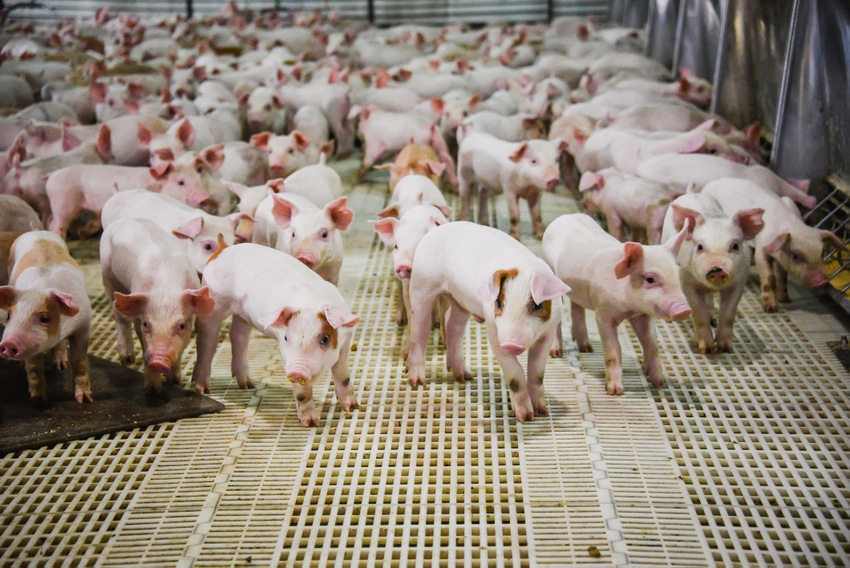Effect of nutritional interventions can be masked if males and females were looked at all together.
December 9, 2019

A research team from the universities of Bristol and Reading in the U.K. found that 28-day old piglets produced very different levels of immune cells, antibodies and other immune-associated molecules depending on their sex, contradicting previous evidence suggesting that the difference in immunity begins during puberty.
The paper, published Dec. 9 in Frontiers in Immunology, suggests that differences in male and female immunity begin much earlier than previously thought, according to an announcement from the University of Reading.
Dr. Marie Lewis, principal investigator and lecturer in gut immunology and microbiology at the University of Reading, said, "Correct development of the immune system is essential in ensuring it responds appropriately to both harmful and harmless stimulation throughout life and this development, even during the first days of life, depends on your sex. Although we don't know why, we know that young girls tend to produce a more protective immune response to vaccination than boys; but what we did not expect to find is that young girls also appear to have a more regulated immune environment in their intestinal tissues than boys. This is important because around 70% of the immune system is in the gut and this is also where its development is driven during early life, largely by the resident gut bacteria.
"Piglets are valuable pre-clinical models for human infants, especially for nutritional studies, and we also show for the first time that probiotics and prebiotics can have different effects on the immune system in male compared to female piglets. For example, the prebiotic inulin significantly increases the number of cells responsible for controlling immune responses, the regulatory T-cells, in male guts but not in female guts," Lewis said.
Mick Bailey, professor of comparative immunology at the Bristol Veterinary School, added, "The work raises some really important questions about why this happens — Is it because the levels of the different sex hormones make the immune systems different almost as a side effect, even at this age, or is it because the immune and reproductive systems need to be fundamentally linked during early development?"
The paper found that probiotics and prebiotics work differently in male compared to female 28-day old piglets. The team noted that the effect of these nutritional interventions can be masked if males and females were looked at all together.
In a previous study in 2018, Lewis found that how the immune system develops in the guts of pigs can be programmed very early on. The team found that piglets exposed to an extensive, outdoor farm during just the first day of life retained a regulatory immune environment in their guts even after 28 days of "urban living," which could be linked to the reduced incidences of allergy development that occurs in children raised on farms, the University of Reading announcement said.
You May Also Like


.png?width=300&auto=webp&quality=80&disable=upscale)
